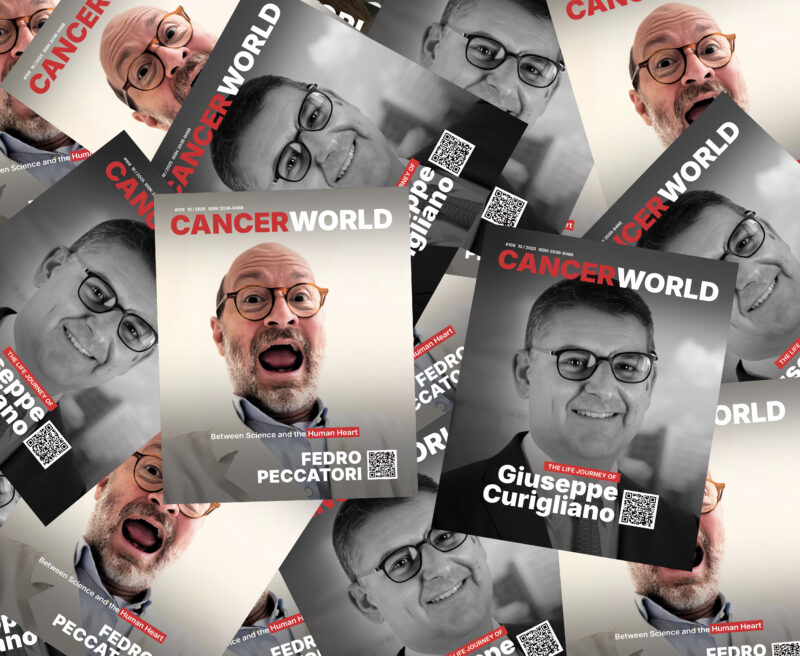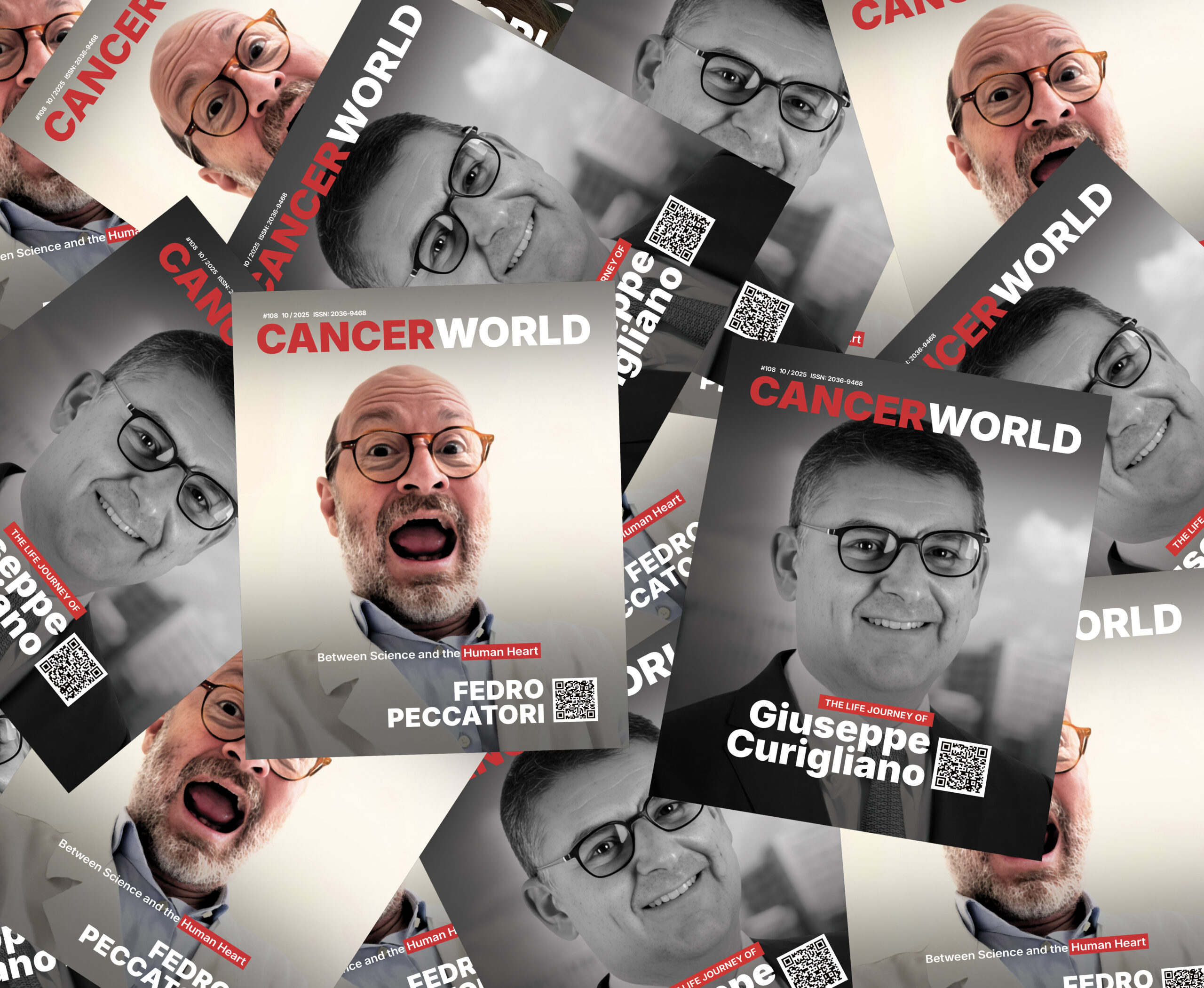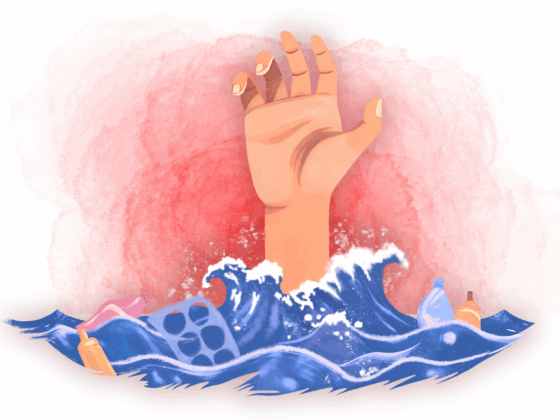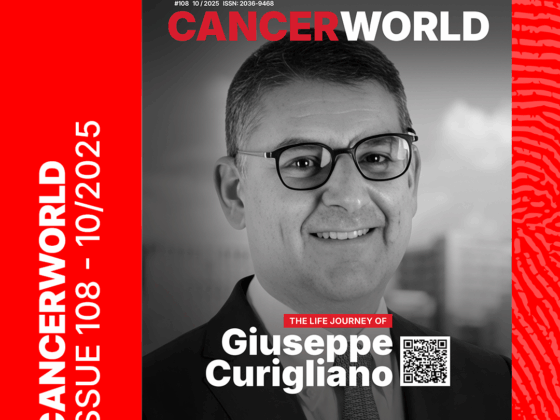CancerWorld is a platform for telling human stories that unfold across science, politics, and society, going beyond the investigation of cancer biology and therapy.
In our October 2025 issue, we open with one of two cover stories: the profile of Prof. Giuseppe Curigliano, soon to become President of ESMO, whose journey from Rome to Milan to global leadership, from pioneering early-phase trials to shaping international breast cancer practice and nurturing a new generation of oncologists, tells a story of science, courage, and mentorship.
The second cover story features Prof. Fedro Peccatori, whose career has been defined by transitions, from fertility preservation to treating cancer in pregnancy to advocating for adolescents and young adults. His work reminds us that oncology is as much about listening and humanity as it is about science and medicine.
We also bring a powerful profile of Dr. Felicia Marie Knaul, who sheds light on the inequities women in low- and middle-income countries continue to face in accessing cancer prevention, diagnosis, and treatment. The daughter of a Holocaust survivor and a cancer patient herself, Dr. Knaul has built a career of advocacy rooted in lived experience, shaping health systems, and advancing the principle that cancer outcomes should not depend on geography, gender, or income.
Scientific knowledge runs strongly through this issue. We examine how artificial sweeteners may interfere with immunotherapy, urging us to reconsider even the most ordinary elements of modern life. We also report on new evidence that respiratory infections such as influenza and COVID-19 can awaken dormant breast cancer cells in the lungs, with implications for prevention and survivorship.
We feature a compelling profile of Prof. Paul Mischel, which not only explores his groundbreaking research on extra-chromosomal DNA but also reveals the life and person behind the science.
We turn to the social dimensions of cancer care. A report from sub-Saharan Africa shows how initiatives like Hope & Courage International are helping families overcome one of the biggest barriers to treatment for children with cancer: the sheer distance to hospitals.
At the same time, we explore how AI is reshaping radiology. Once predicted to replace radiologists entirely, AI is instead finding its role as an indispensable assistant, supporting diagnostics, streamlining workflows, and raising new questions about trust, training, and integration into daily practice.
We also highlight two additional perspectives: Dr. Jovana Mijucic on the challenge of transforming social media from a source of misinformation into a tool of truth for oncology patients, and Dr. Christos Tsagkaris on why musculoskeletal health, mobility, strength, and independence must be seen as integral to the cancer journey.
Finally, we acknowledge the immense pressures faced by those on the frontlines of cancer care. Burnout among oncologists and healthcare providers is not a private matter; it affects the quality of care, the sustainability of health systems, and ultimately the well-being of patients.
The stories in this issue underline a simple truth: cancer care is about more than medicine. It is about connecting science with compassion, and innovation with fairness. Progress depends not only on the next breakthrough, but on how we bring that breakthrough into real lives.
Adriana Albini, Co-Editor-In-Chief, CancerWorld












